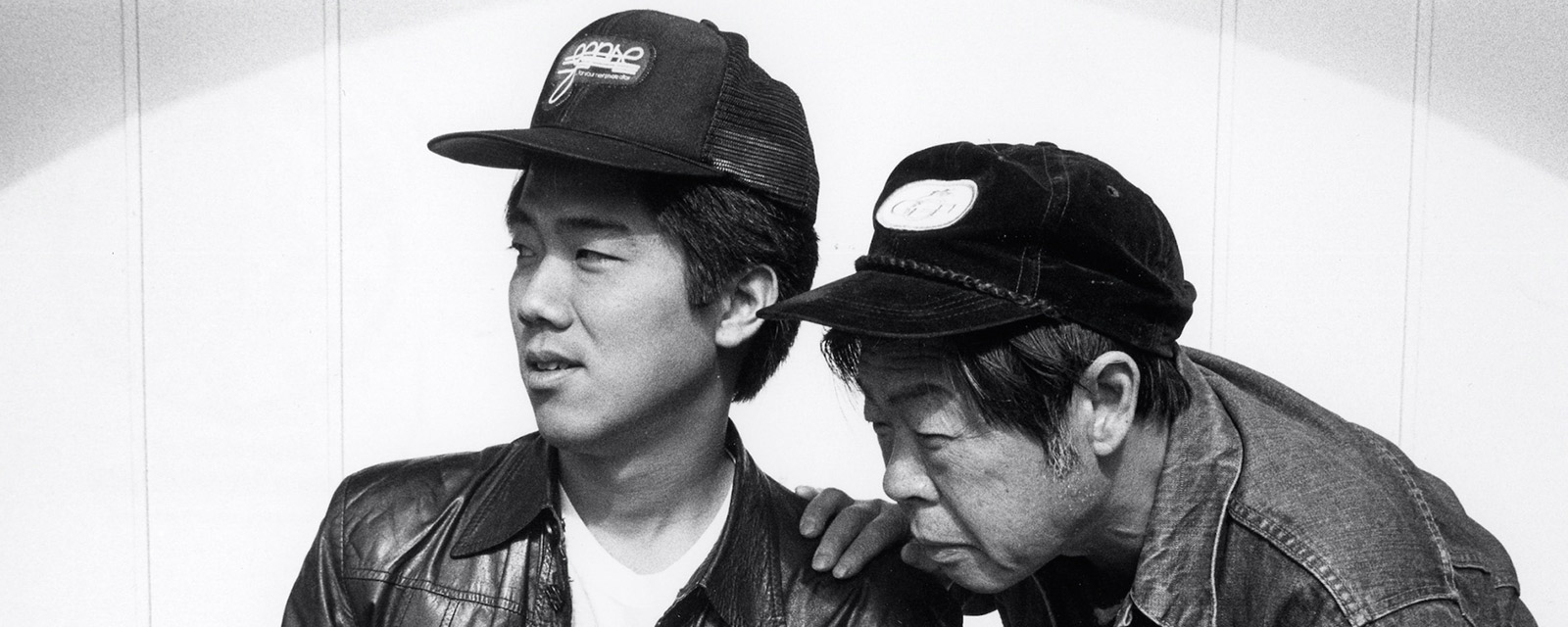Back to Asian Americans on Celluloid Timeline
Chan Is Missing (1982)
Director, Producer and Co-Writer: Wayne Wang
Length: 82 minutes
View this film on:

Synopsis
This black and white whimsical film starts with the sudden disappearance of Chan Hung. Two American-born Chinese, Jo and his nephew Steve, are seeking to become independent cab drivers in San Francisco. They paid Chan Hung, a middleman, to get their own cab medallions. The unexpected disappearance of Chan puts their business and investment in jeopardy, so Jo and Steve embark on a search for Chan. In their effort to find Chan, they accidentally stumble into Chan’s complex life as a Chinese immigrant in Chinatown, San Francisco. The more the search proceeds, the more Jo becomes empathetic to Chan’s challenging life in America as a Chinese immigrant trying to assimilate as an American. Eventually, the money is returned with an apology note from Chan, but questions remain about why Chan disappeared to start with, and why Jo did not call the police.
Significance
Chan is Missing is one of the first feature-length narrative films of the Asian American cinema movement, and is noted for its authentic portrayal of San Francisco’s Chinatown in the early 1980s. Many early viewers said that the characters in the film were exactly like the people they see everyday. In 1982, Chan Is Missing won the Best Experimental/Independent Film from the Los Angeles Film Critics Association. In the same year, the movie was nominated for the New Films/New Directors category by New Yorker Films (an independent film distribution company). In 1995, it was selected for preservation in the United States National Film Registry by the Library of Congress as being “culturally, historically, or aesthetically significant.”
The filmmakers
Wayne Wang is an internationally recognized director who was born in Hong Kong (1949) and studied photography, film, television, and painting in the US in his youth. He went back to Hong Kong to work in the HK film industry before eventually returning to the US to create his own movies. His first film in the US was Chan Is Missing. He creates mostly independent films that raise Asian American voices. He is also the director of Smoke, which won him many awards including the Silver Bear at the 45th Berlin International Film Festival in 1995; the Danish Film Critics Bodil Award for Best American Film, and the 1995 German Film Award for Best Foreign Film.
Back to Asian Americans on Celluloid Timeline
Further reading and listening
Articles:
- By, V. C. (1982, Apr 24). Film: ‘Chan Is Missing’ in Chinatown. New York Times. https://www.nytimes.com/1982/04/24/movies/chan-is-missing-in-chinatown.html
- Feng, P. (1996). Being Chinese American, becoming Asian American: “Chan Is Missing”. Cinema Journal, 35(4), 88-118, JSTOR. doi:10.2307/1225719
- Newman, Nick. (2016, September 9). Wayne Wang talks ‘Chan is missing,’ San Francisco cinema, and lunch with Edward Yang. The Film Stage. https://thefilmstage.com/wayne-wang-talks-chan-is-missing-san-francisco-cinema-and-lunch-with-edward-yang/
- O’Falt, Chris. (2016, September 9). ’Chan Is missing’: 34 years later, the lesson still rings true that low budget films should take more risks. Indie Wire. https://www.indiewire.com/2016/09/chan-is-missing-film-restoration-metrograph-director-wayne-wang-1201724836/
- Yu, Brandon (2017, March 2). “Cinema Pioneer Looks Back on Quietly Historic Film.” San Francisco Chronicle. https://www.sfchronicle.com/movies/article/Cinema-pioneer-looks-back-on-quietly-historic-film-10975262.php
Blog:
- Romney, Jonathan. (2016, September 14). Film of the week: Chan is missing. https://www.filmcomment.com/blog/film-week-chan-missing/
Books:
- Kwok, Jean. Girl in Translation. New York: Penguin, 2010.
- Yang, Gene Luen. American Born Chinese. New York: First Second Books, 2008.
